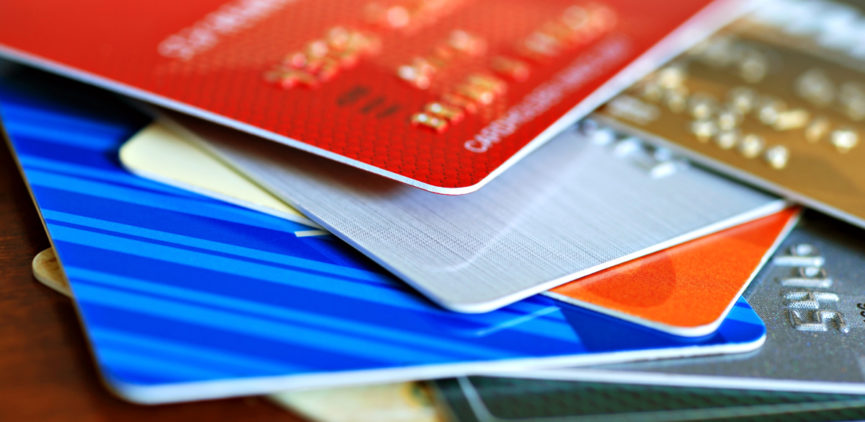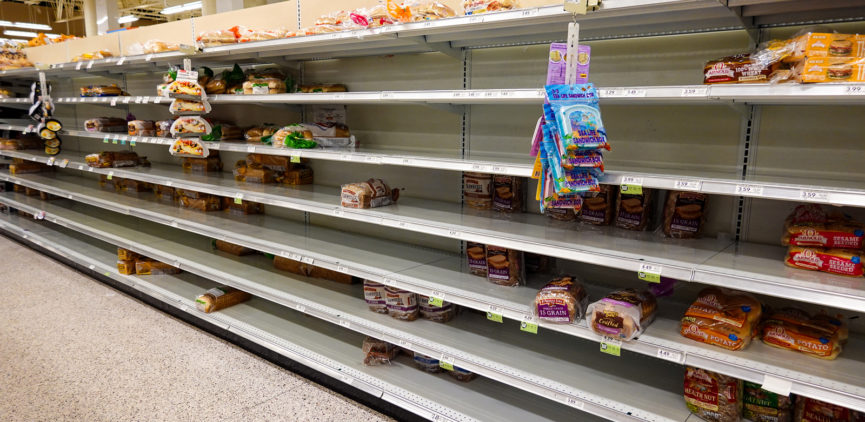Concerns about the spread of coronavirus disease 2019 (abbreviated COVID-19) mean more of us are doing what we probably should have been doing all along: washing our hands more frequently and thoroughly; staying at home when we’re sick; stocking up on food and supplies in case that stay becomes extended.
People who may have been exposed to the new coronavirus or who get sick with COVID-19 may be advised to stay home for as long as 14 days to keep from spreading it to others, according to the Centers for Disease Control. That’s led many people to wonder if they could manage for two weeks at home without a run to the grocery store.
Stocking up shouldn’t mean panic-buying cases of toilet paper at the nearest warehouse store, of course. But keeping a reasonable supply of shelf-stable food and other supplies on hand makes sense for all kinds of emergencies, from natural disasters to stretches of unemployment.
At the same time, it’s important for your wallet and your community not to hoard stuff you don’t need. You can spend a small fortune on N95 masks, for example, but those are better reserved for the health care workers who can help those who become sick enough to need treatment. Likewise, there are companies selling emergency food kits with a decades-long shelf life, but those may include stuff you or your family just won’t eat. That’s a waste of money and food.
A better approach is to create a two-week cache of food based on the “store what you eat, eat what you store” principle that I detailed in “The Emergency Fund You Can Eat.” The basics:
Write down two weeks’ worth of meals. Consider what your household would eat for breakfast, lunch and dinner during that period, including mains, side dishes, beverages and desserts. Include snacks and treats that could make a potentially stressful time a little easier, as well as foods that could help someone with flu symptoms, such as broth, herbal tea, ice pops and electrolyte drinks.
Adapt ingredients, as necessary. In a natural disaster such as a hurricane or earthquake, utilities including water, fuel and electricity could be disrupted, so it’s important to have alternative cooking sources, such as a camp stove, as well as an emergency water supply. In a disease outbreak, utilities likely won’t be interrupted, but you may not have ready access to perishables or have the energy for elaborate meals. (Restaurant and grocery delivery may be an option, but that can get expensive if used for every meal.)
Shop and store. Once you have your ingredient list, shop using coupons and sales to minimize the additional cost. Find storage, preferably where the food won’t be forgotten.
Use and replenish. About once a week, create a meal using your stockpile, starting with the stuff closest to its expiration date, and then replace what you’ve used. In that way, you’ll rotate through your two-week stash of 42 meals in a little under a year.
It’s smart to have a similar approach to other necessities, including hand soap, disposable facial tissues, toilet paper, diapers, pet food and litter, household surface cleaner, laundry and dish detergent, and hygiene supplies. Figure out how much your household is likely to use each week, and keep at least a two-week surplus on hand.
Likewise, the Department of Homeland Security recommends that you regularly check your prescription drug supply, and keep nonprescription drugs and medical supplies on hand. These can include pain relievers, cough and cold medicines, and vitamins.
Liz Weston is a writer at NerdWallet. Email: [email protected]. Twitter: @lizweston.
The article How to Stock Up Wisely, Emergency or Not originally appeared on NerdWallet.
The post How to Stock Up Wisely, Emergency or Not appeared first on NFCC.
Read more: nfcc.org









